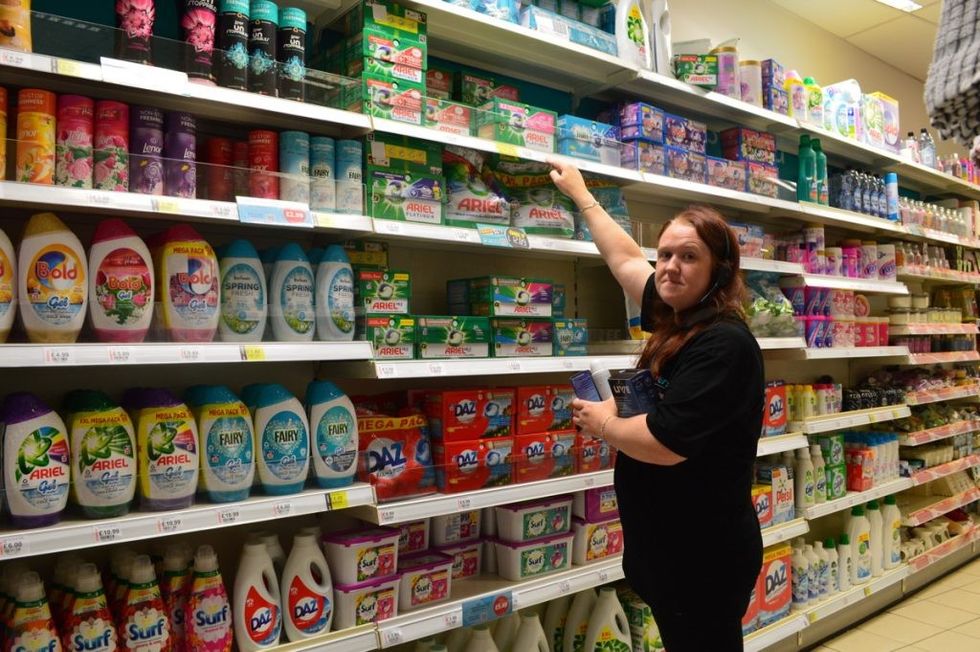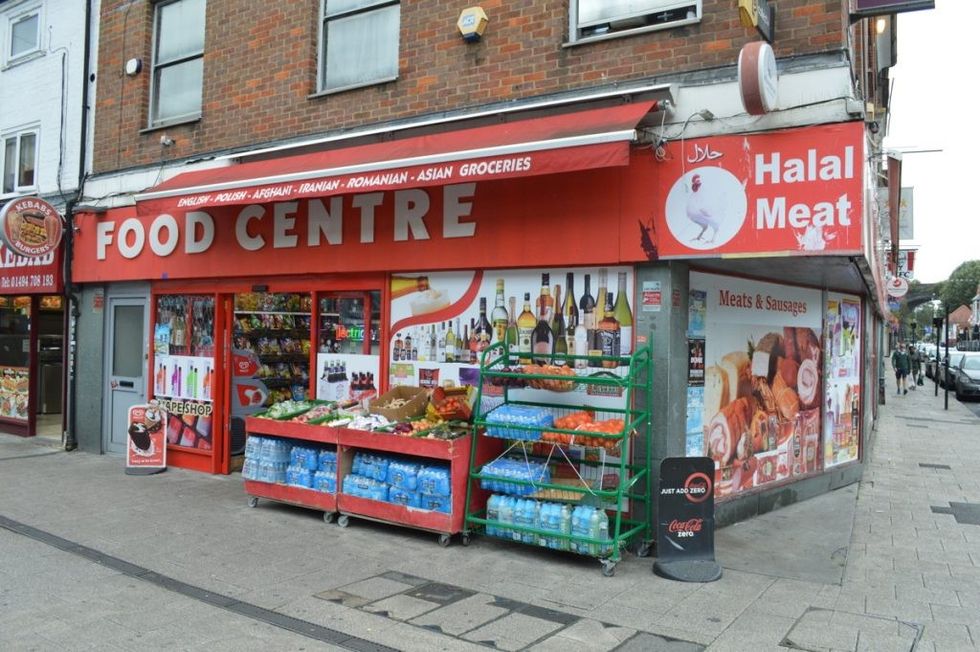By Charlie Smith, Local Democracy Reporter
Shopkeepers in Buckinghamshire said they are ‘suffering’ as a rise in shoplifting puts businesses and staff at risk.
Ranjit Hear, 62, has seen increasing thefts at his Premier store in High Wycombe over the last 12 months.
Thieves have been openly stealing beer, spirits, cigarettes, sweets, energy drinks and even stationary from the Castle Street shop, the owner told the Local Democracy Reporting Service (LDRS).
He said: “They tap the card and know already that it is not going to go through, whether it is stolen or there is no money on it. They grab the bottle and just run out.”

Another nearby shop said it had not been affected, however Savers Health & Beauty on Church Street said it has a big problem with thefts of washing machine pods.
A staff member told the LDRS: “Some shoplifters are regulars. Some you’ve never seen before,” adding that “drugs” are fuelling the trend.
Satbir Singh, 40, from Hayes said his Anatolia Food Centre business was targeted by children shoplifting at weekends when he leased the shop seven months ago, although thefts have decreased in recent months.
He said: “Five, six or seven people came together. It was very difficult for us for some time. Sometimes we said ‘stop’ but sometimes they got angry.”

The thefts in Buckinghamshire reflect the 24 per cent rise in shoplifting across England and Wales in the year ending March 2023.
Shoplifting offences per 1,000 people in Thames Valley have risen by 15 per cent during the same period.
The number of incidents in Wycombe is 4 per 1,000 people, slightly below the Thames Valley average of 5, according to Police UK data.
Hear, who is from near Heathrow, said: “I think it is to do with the cost of living and people not having enough money on them.
“We are hearing all over the country that the police don’t bother turning up for minor offences.”
Thames Valley Police and Crime Commissioner Matthew Barber has admitted that the force has ‘room for significant improvement’ in how it deals with shoplifting.
Speaking at the Thames Valley Police and Crime Panel on September 15, the Commissioner said he was looking into working with business to reduce shoplifting, as well as a new system to improve reporting.
Hear is now able to trap shoplifters inside the shop after spending £1,000 on a new door lock, which staff can trigger with a secret button.
The shopkeeper beefed up his security after a spate of thefts of two-litre bottles of vodka worth £60 each.
The convenience store owner said: “We put it in about six months ago but for six months we suffered. We try to be vigilant and train staff not to do things you do with the regular customers.”
He added: “What can you do? You get frustrated, you try to make a living. You need to pay your overheads, pay staff.
“We just don’t know how much we are losing. The worst part is that everything we buy – whether it goes from the till or not – looks like it’s been sold.”
Thames Valley Police has been approached for comment.
(Local Democracy Reporting Service)











![Post Office branches are assets or liabilities? [Exclusive]](https://www.asiantrader.biz/media-library/image.jpg?id=55310585&width=600&height=400)









